I have mentioned before that I feel like the dictatorship makes people do this:
It is not mine to make people talk about, but in places where there’s talking going on, you can be sure I’m giving it a listen. So yesterday I tasked myself with going up to Peñalolén, a comuna (neighborhood/district) about ten miles from where I live to pay a visit to Villa Grimaldi (location website, in Spanish)
Villa Grimaldi was a privately-owned country home that was appropriated at some point by the dictatorship, and used for what the dictatorship saw fit from 1973 to 1978. 5,000 prisoners were brought here, and in the end, 240 of them were disappeared or killed.
The area has been made into “Parque por la Paz” (Peace Park), and since 2004, people have been able to come, learn, reflect, and be educated on the dictatorship. It has taken me this long to make a trip out there, but the family I ended up meeting has a longer story. They’ve been in Australia since 1978. You do the math.
I have pictures of plaques explaining which type of torture or mistreatment or threatening was used in each location in the villa, but I’d rather show you these.
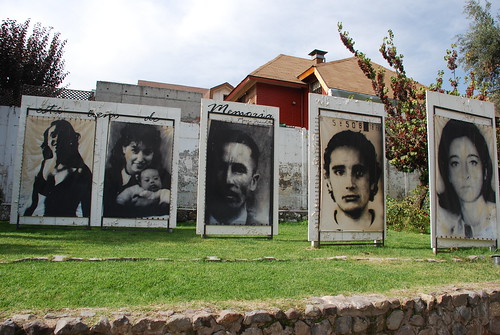
Faces of Villa Grimaldi (close to the entrance)
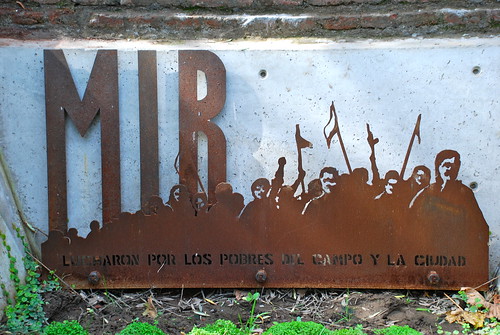
Memorial installed by MIR, which in the time of the dictatorship was said to be an armed opposition movement. Many of the tortured and disappeared at Villa Grimaldi were involved in MIR.
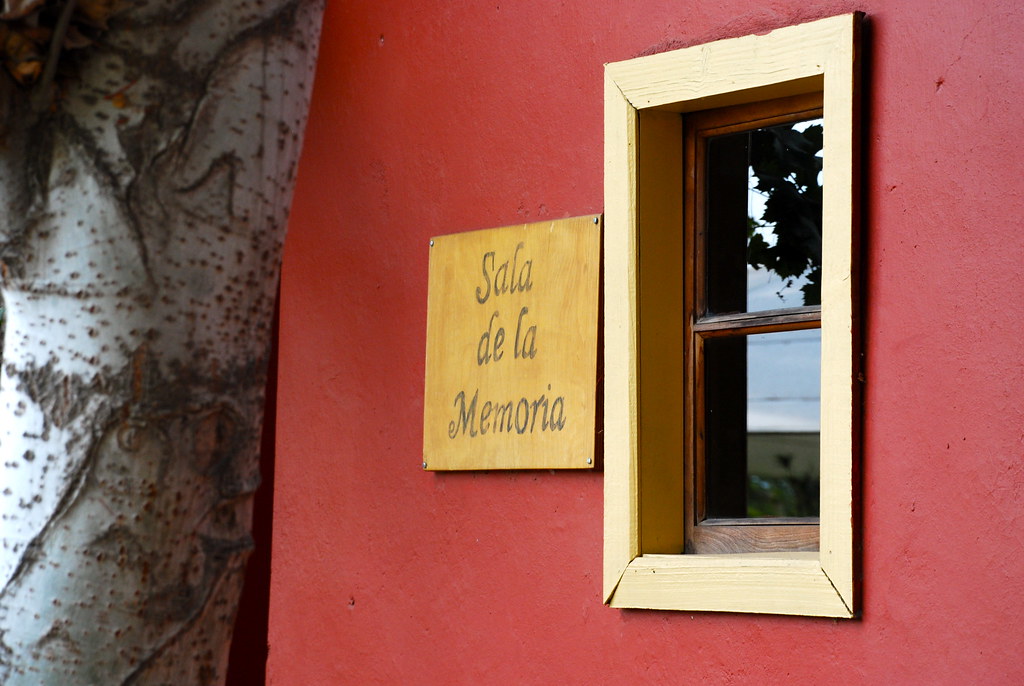
Sala de la Memoria, a small exhibit with personal effects of the prisoners. The room details the invention of damning evidence against the prisoners. It’s locked on the weekends, but during the week you should be able to gain access. It has wall text in English (very well-translated).
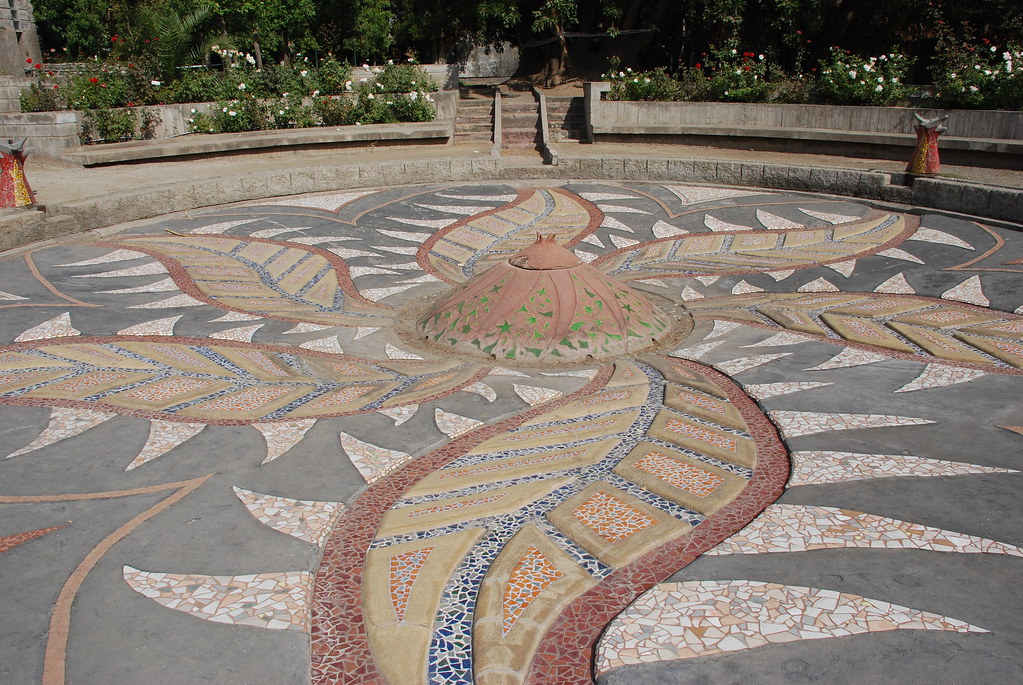
Fountain, representing cleansing (so told by the guide, a volunteer, who told our small group that her family was staunchly right-wing (derechista) during the dictatorship but disavowed knowlege of Villa Grimaldi’s purpose and others)
Here I have to take a deep breath.
I was walking, reflecting, learning as I wound my way around the area. I had started on the left side of the memorial, wandering from place to place, reading, and skimming the information. It was at this point I met up with a small tour group led by the volunteer, who actually asked the Australian /Chilean family and one other Chilean family if they’d like a tour. I joined because I’m like that (though I did ask). I met them in front of the wall that has the names of the disappeared etched into a set of plaques.
It was here that I started to connect the names with people. Maybe to you, as a reader across an ocean or across a landmass, these are just names. You don’t know anyone with names like these, yours are Swedish or Lithuanian or South African. The thing is, I know people with these names. Armando, Juan, Oscar, Luis, Manuel, Luis, Julia, Elizabeth, Alejandro, Jorge, Jose, Pedro, Marta, Julio, Hector.
These are the names of people I know, or the names of people I met at a party last night, or that I’ll meet today watching the kids at the skatepark. Likewise their last names, Sepúlveda? Check. Retamal, Salinas, Miranda? Check. I think moreso than seeing the faces (which I’d seen at the Museo de la Memoria, these names pulled me back to reality.
Further on, a rose garden from the time of the dictatorship was replanted with roses in recent times, with plaques representing the women disappeared or executed.
I was happily snapping, thankful for a bit of a reprieve, thinking of how roses are not carnations (red carnations being the flower used for funerary purposes here).
And I even got a shot of the whole garden, before looking more carefully at the fountain.
And then I saw the inscription.
Todas ibamos a ser reinas.
(We were all (meant) to be queens)
This quote is from the Gabriela Mistral poem, partial translation here.
And I was thankful for the Chilean Australian family and even with their anti-US sentiments, and the Chilean family who was silent and the right-winged family tour guide, and especially the little girl who was running through the rose garden, ignorant of all of it. And I wished for a minute that I could be, too.
Deets:
Location: Peñalolén, Santiago
Address: José Arrieta 8401
Hours: 10 to 6, every day. Access to archives, museums, etc during the week. Tours with advance planning or if you get lucky day of, no info in tours in English.
Transportation: 513 bus from downtown (runs up Compañia/Merced) or from the Plaza Egaña metro, or take the D09 from the same. It’s on the other side of the Americo Vespuccio (the beltway), and if you say “Villa Grimaldi” to the bus driver, he is sure to know what you’re talking about. It’s about an hour’s relaxed bike ride from downtown, mostly uphill. Take Santa Isabel until it turns into Diagonal Oriental, and changes names several times, finally turning into José Arrieta.

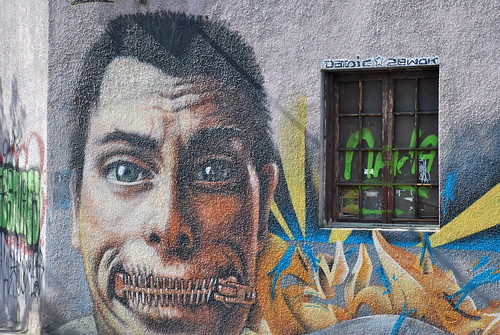
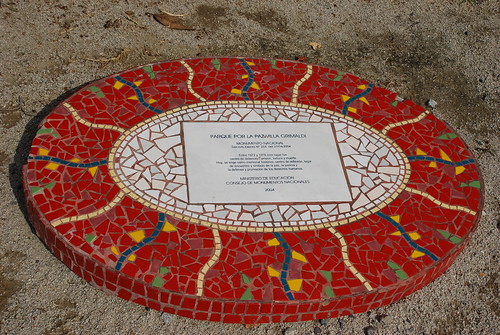
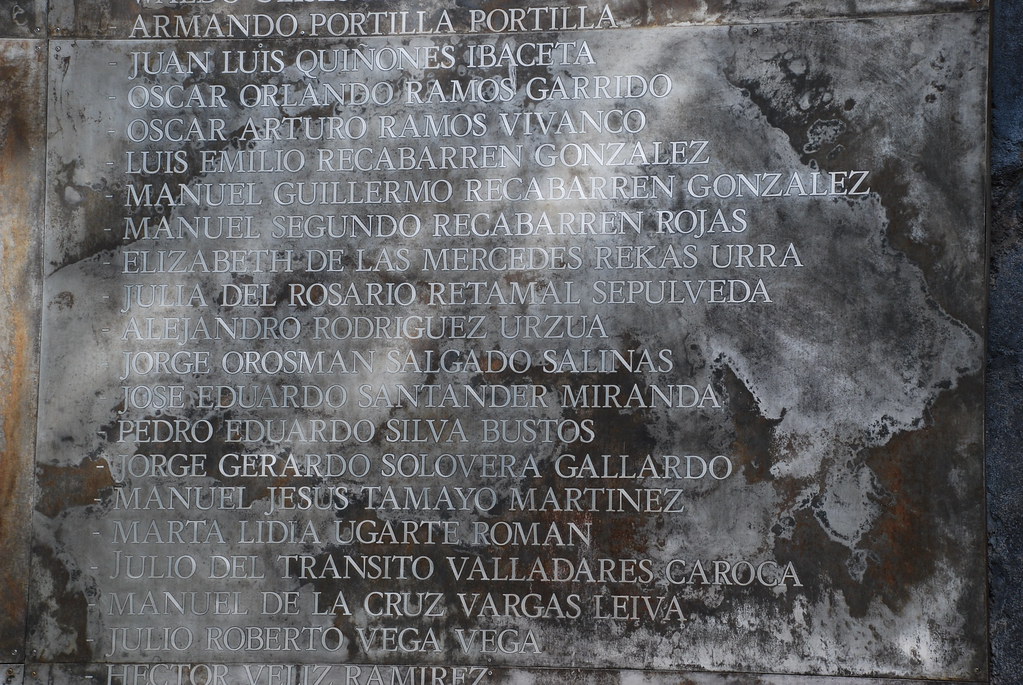
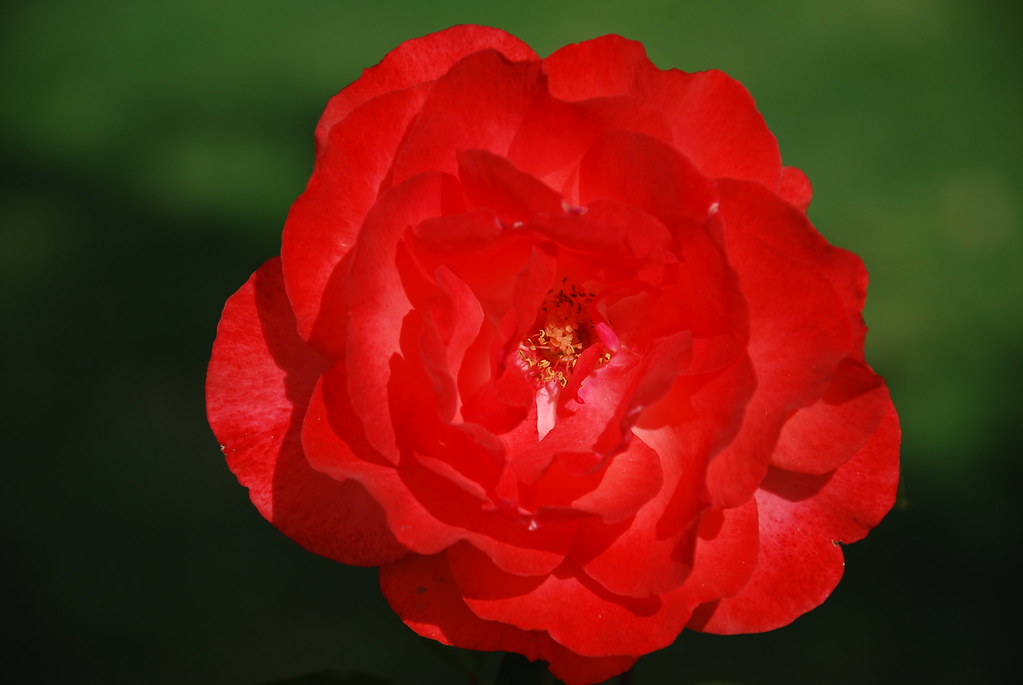
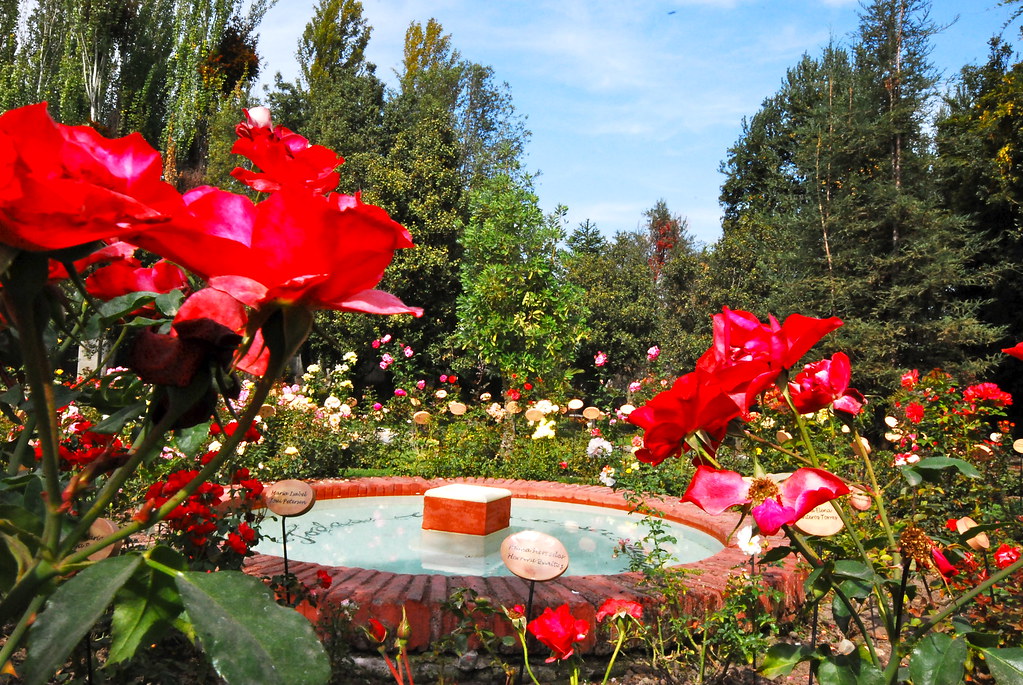
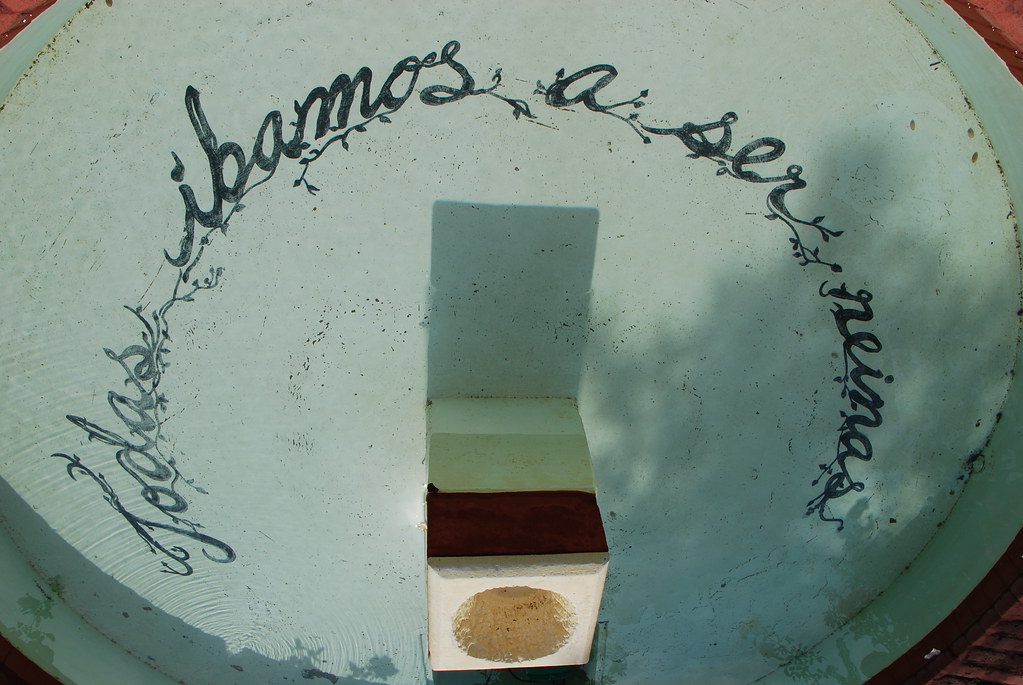
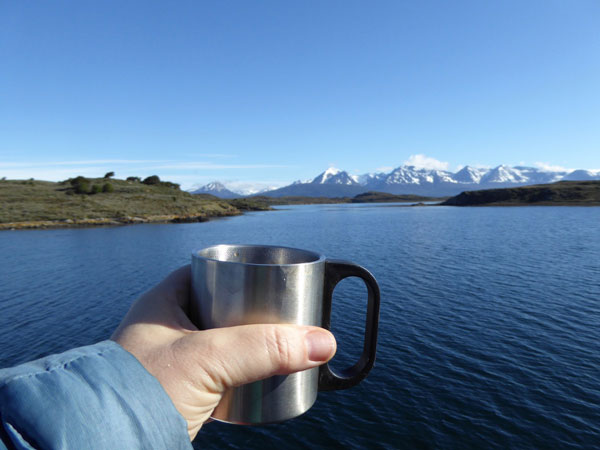
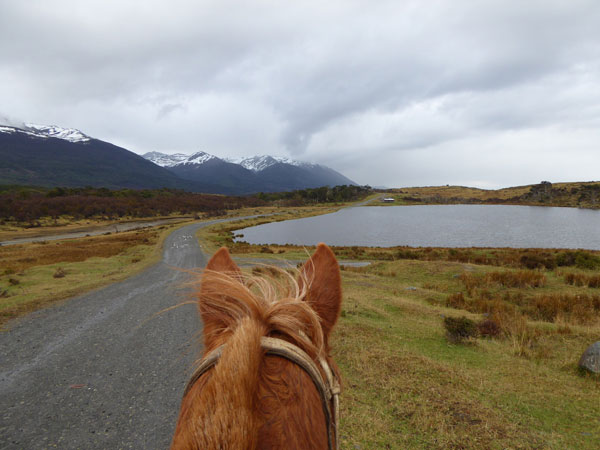
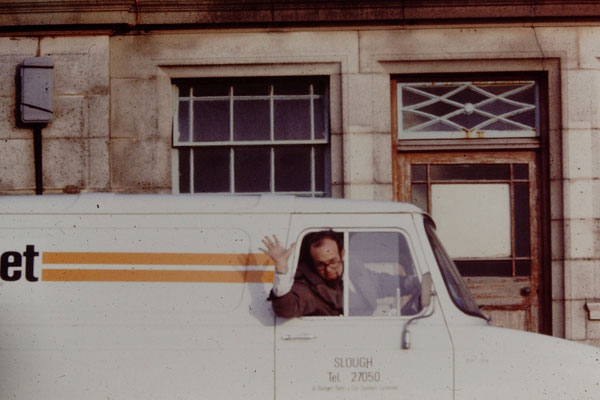
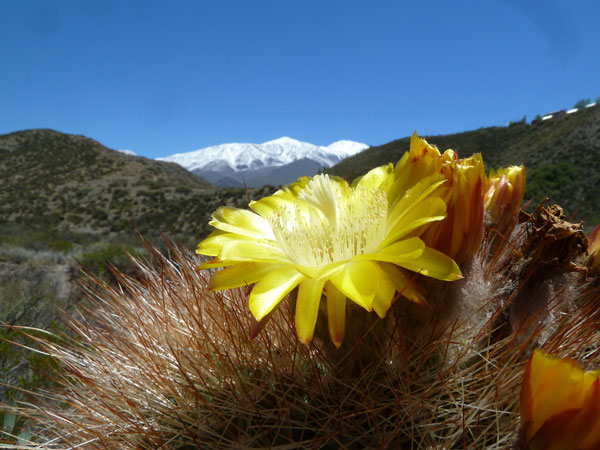
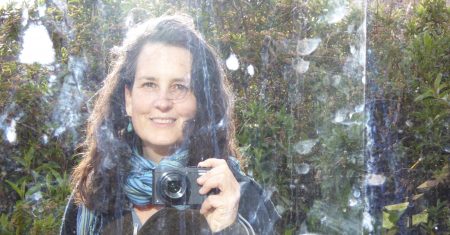
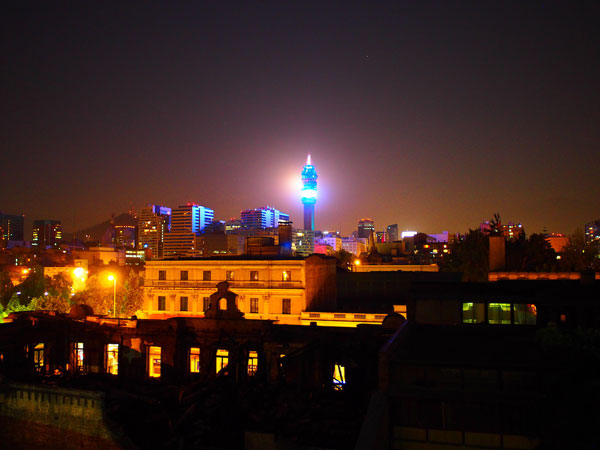
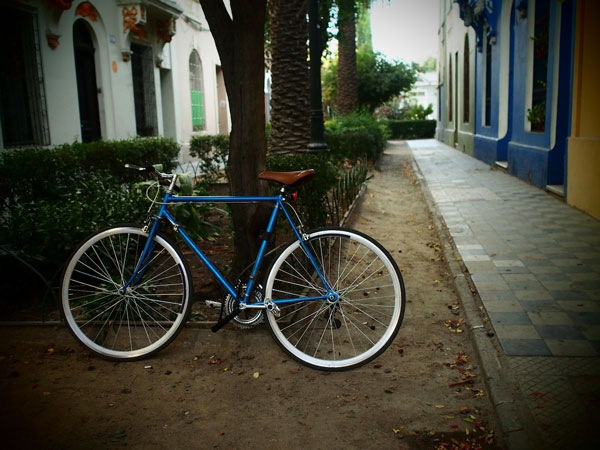


its nice you mentioned the name thing. i hadn't really reflected on that aspect well, but i do know it is something that shook me most of all. i remember seeing people with the same name as my boyfriend or friends, and though i don't think they would be relatives (not because i know they werent, just because the theme is hush hush enough that I might not have any idea if they were). even so, its likely that the degrees of separation aren't many at all.
i remember getting an eery feeling when one of the names of the women in the rose garden was mine, spelled in the more universal way but none the less a reminder of the individuality and human cost of the people that suffered there rather than thinking only of the broad historical and political terms we usually use to talk about the period.
i took a picture of her little plaque on a wire, containing our name. i felt weird about taking the picture
i have never felt its my place (or, that my interest is worth possibly evoking emotions, uncomfortable situation) but i try to take in as much as i can when someone does open up to talk about the period.
very nice post
Thank you Lydia.
I was spared that particular moment by having a name that doesn't show up much here, and certainly didn't show up in that time period. I actually did see the name of the father of an acquaintance who I know the story of, but since not everyone has that connection, I thought I'd just comment on the names. I was telling some Chilean friends how I think it would have felt different to me if the names were in French, or Chinese, of which I don't know many people who have those names. And they nodded in agreement, as if for them, knowing and accepting those names as stand-ins for actual humans (as opposed to just names) also made it more poignant.
Thanks for commenting, and for sharing your experience with the plaque. It's something I hadn't even considered.
I had the exact same experience with the names, when I got to the last names of people I knew at the time. Since I went when I studied abroad, there were maybe 5 last names I recognized. Now, there would be so many more.
My experience at Villa Grimaldi was truly haunting. Our guide brought us through and told us what happened at each place. Somewhere about halfway through the talk, instead of referring to the prisoners as "them" he started referring to them as "us". People in our group started to look at each other, and we realized that he had been a prisoner there. At the end of the tour, he told us his entire story. It was such a powerful moment that I will always remember.
"Todas ibamos a ser reinas."
I love that. It reminds me of being at the killing fields in Cambodia. What stuck in my mind most from the experience was an intense feeling of weight. Not even sadness, or shock in the sense I had ever known it, but a sort of dense numbness.
Later, I've come to suspect that it may have simply been an inability to comprehend the sheer scale of what people can do to each other. Not just that there aren't enough words, but that the human heart may just tragically not be large enough to take it all in.
We were all meant to be queens.
Sad sigh.
Thanks for posting this Eileen. I've been meaning to write on this topic for a long time, but somehow it just weighs too much. I began hearing the stories of so many people who passed through this infamous place back in 1991 when I began my research on disappearances, but it was only recently that I visited. It's a place that oddly brings beauty (flower gardens, artwork, carefully crafted mosaics, concerts, poetry readings) together with the horror of all that happened there.
Thanks Abby and Richard and Margaret, the weight of this place, of this dictatorship follows us all around in Chile, comes up at the strangest moments and leaves us all just ponderous. How could it happen? How could people let it? What do I do, what can I say?
There are so many questions that I will keep on asking myself though I truly don't ever expect to get the answers.
Thanks all for your thoughtful comments.
Also thanks to the person who tagged this on Delicious via Blogher (wellsaid). And while blogging is all about the blogger in so many ways, in this case I want the story to stand as evidence of the place and of the events. I am just your onsite reporter, with a pizca (pinch) of subjective reflection. Thanks for taking the time to learn about this not-so-far-removed time in Chilean history.
There is no way I can write a non passionate reply to this. It just pisses me off when people tend to see only one side of the story. Yes, there were people who were killed during the military government. Yes, they were people that were tortured.
No it is not nice nor it was something to make us chileans proud about it. I lived all my childhood in Chile during the military government and I remember many things that those families that left Chile do not remember.
You said that MIR was classified as "so called terrorist group"? Try this for size. They were a terrorist group. They put bombs and they blew away a lot of innocent people just because they were not against the military government. Have you seen people blown off by bombs? Have you been threatened with being blown by a bomb? Have you ever been waiting for your mom to pick you up from school and found a box with your friends and told your teacher who in turns call the bomb squad who deactivated the bomb? Or have you been going to school with your mom and had your mom threatened by force to give money or sing songs or just stand in front of this "so called terrorists" so the police couldn't shoot them? Tell me what part of that is not being a terrorist?
I agree that the military government did a lot of bad stuff, but I cannot stand people that believes that during that period there was only one bad side. No, there were two very bad sides and a lot of people who were left in the middle without taking part. If you want to hear the full story ask at least a few persons that lived in Chile during those years too.
Carlos,
Thanks for your empassioned response. The problem with writing, rather than saying something is that the words hang in the air, often out of context. It is not that I do not believe that MIR was a terrorist group (though I still do not believe in torture, regardless of the torturee), merely that I do not have an encyclopediac knowlege of everything that happened in Chile, nor do I have specific information about any particular group.
I am glad you responded because it gives my readers a chance to read someone's opinion who actually has a right to opine, and who has first-hand experience. I am nothing but an observer here, a foreigner. I didn't live through the dictatorship, and I wouldn't trade my childhood in Brooklyn, NY in the 70s and 80s for anything in the world, and certainly not the experiences you (angrily) ask me if I've lived through.
Dialogue is important. That's the point. And I ask people all the time. And sometimes I get lucky and they actually answer me, and answer me honestly.
Thanks for your candor, and even your rage.
ps, I would argue that the weight of the expressions "so-called" and "said to be" is completely disparate, with the first connoting disbelief, and the second (which I used) connoting neutrality.
As i’ve said.. i’ve been reading ur blog from start.. skipping some posts obviously xD i’m not that much of a stalker.. I just find it very entertaining.. and sometimes I feel like commenting.. but then I’m like.. who cares, this one was written 2 years ago.. I’m so late.
But this one I really want to comment on…….
We chileans… all have someone we know.. that was tortured/murdered, persecuted or saved because he had pitutos with the powers to be on the dicatorship. In some of your older posts u have implied that its been 20 years and we should forget… but how long has it been since palestinos were living in Israel? Have u forgotten that u lived there hundreds of years ago? Have palestinians forgotten this was their land before US assigned it to jewish people? None has. So they’re still fighting.
And as you probably know.. most jewish people in here are rich, because of their skills… i won’t deny that!! they’re the awesomest at managing money! but it seems ridiculous to me when they love the right wing.. When pinochet totally took all nazis had teached him and used it on chileans..
I mean it’s not as big as the holocaust.. nothing will ever be.. probably because we didn’t have that amount of people being communist here.. but if there were, pinochet would have killed them all, using the same killing-methods during the holocaust…
OKAY. I know u do not support pinochet, but why all rich jewish people here support the right wing.. I just dont get it..Maybe u know and can tell me!! and also think twice about the “they should forget it already” statement… because to a communist befriendin a right winger is the same as a jew befriending a neonazi.. like it just happened so many years agoooooooooooooooo…. whatever! different history.. different attitudes… I REALLY HOPE u read this in the whole.. since it might be a drunken after bellavista post, and might not be all that english correctly but i tried.. and i really want to say it!!!! 🙂
Rocío, I have never said that Chleans should forget the dictatorship, the disappearances. I have been taken to task on several occasions for being left, overly sympathetic to the left and ignorant of the right’s plight under Allende, both on the blog and by friends, in person. I have reported here and elsewhere on gong to Villa Grimaldi, the Museo de La Memoria, the memorial at the general cemetary, etc. If I thought Chileans should forget the dictatorship, I myself wouldn’t talk about it. And I talk about it fairly often. I may have at some point said that other peopel think they should forget. But I do not support this position, and would never tell a people to “just get over it” about anything in their past.
Also, just like I do not purport to speak for Chileans who did or did not suffer under the dictatorship, I have no idea why parts of the Jewish community here are right-wing, or why they have a lot of money. I don’t have the historical or sociopolitical answers to this, and I do not feel comfortable speaking on behalf of people because we are the same religion. There is also a quieter portion of the Jewish community here that is progressivist, liberal and left wing.